Photo credits: The Chicago Tribune
Founded outside Chicago, Illinois, Northwestern University’s (NU) historical reputation consists of providing quality higher education to its student population.
However, during a contentious time in U.S. history, NU did not offer a racially inclusive or safe environment for non-white students. Fundamentally flawed cultural norms and codes of order kept African American students from having full access to every element of the college experience. Race-based discrimination was committed against Northwestern’s first Black students when the school officially integrated.
These dehumanizing practices date back over 100 years at NU. For many years, black students did not have access to swimming pools. They were not allowed to participate in Greek sorority or fraternity organizations. Black students were not allowed to live on NU campus housing units for students. For sport, they were made the butt of jokes in administratively excused blackface minstrel shows on campus performed by white students.
Black students also were forced to study a curriculum, which excluded the historically great African American contributions to U.S. society over the course of centuries. However, on May 3, 1968, Black students decided that it was time to earn the respect they deserved as human beings by any means necessary. By working hard, unifying, and tossing nagging male/female gender issues to the side, the black NU students organized an on-campus protest.
Even some white NU students joined forces alongside their black counterparts to stand up for universal justice.
The young black men and women demanded a better curriculum and many other concessions. The young organizers aimed to eradicate the racial oppression they experienced, which was carried out with impunity. The student protesters besieged the Bursar’s Office of NU’s finance building and took over. This powerful demonstration of protest for civil rights happened roughly one month after the assassination of Dr. Martin Luther King, Jr.
The NU student siege raised awareness across the country as black students in many U.S. states pushed for national education reform.





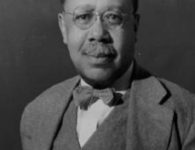

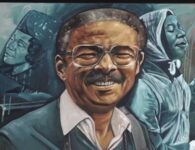
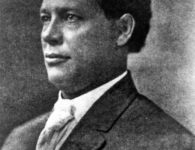

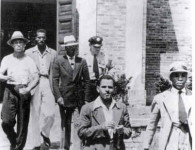

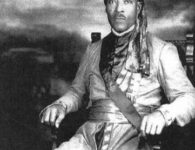
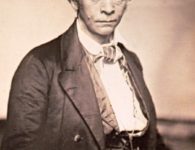
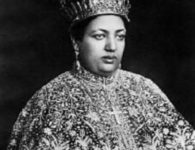
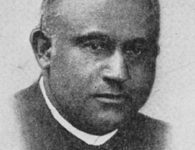

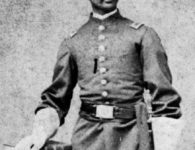
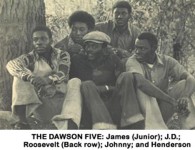


No comments